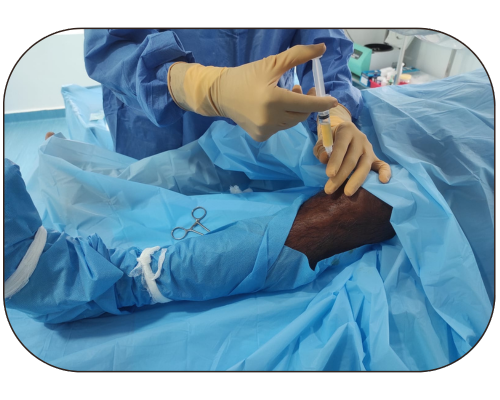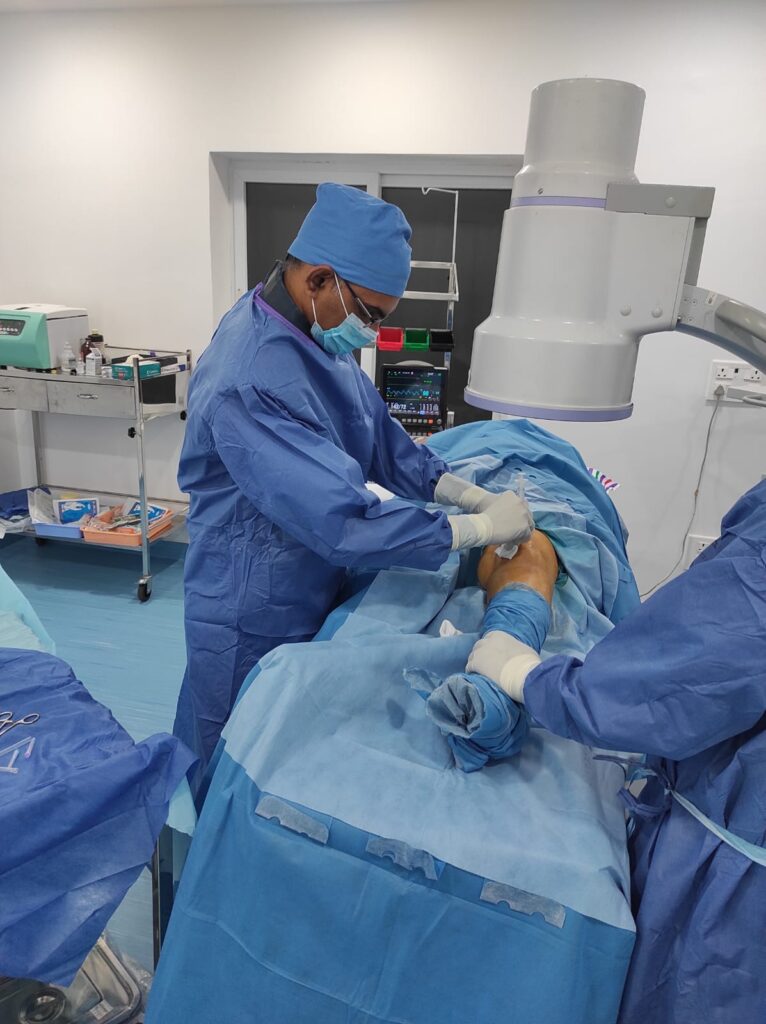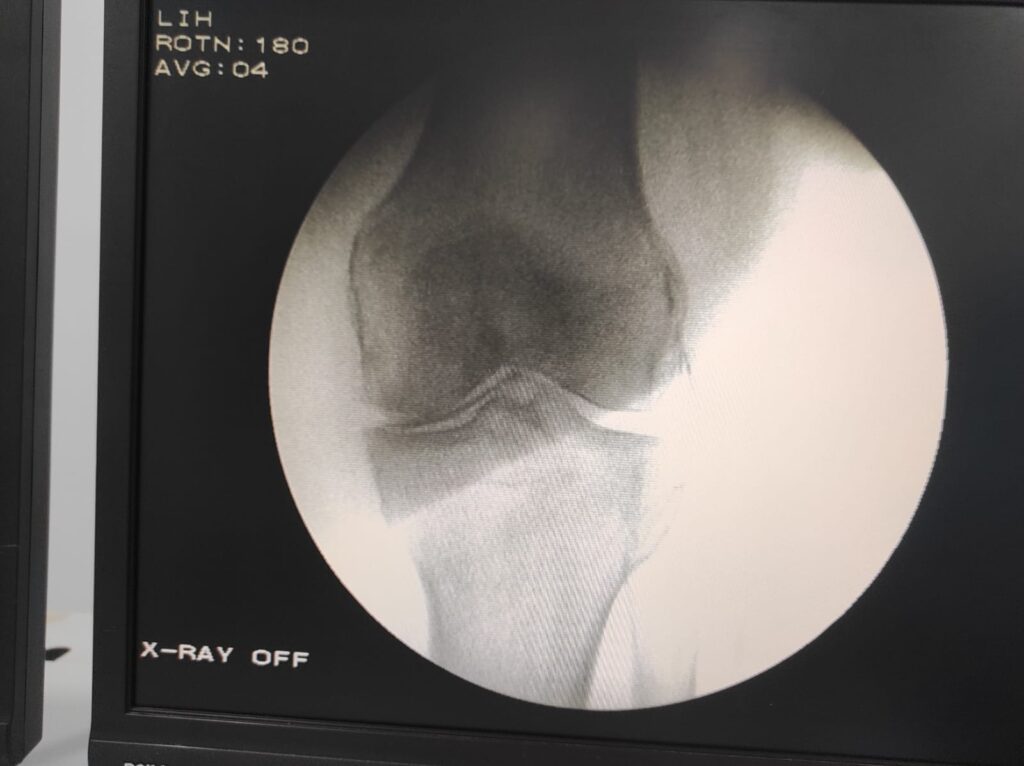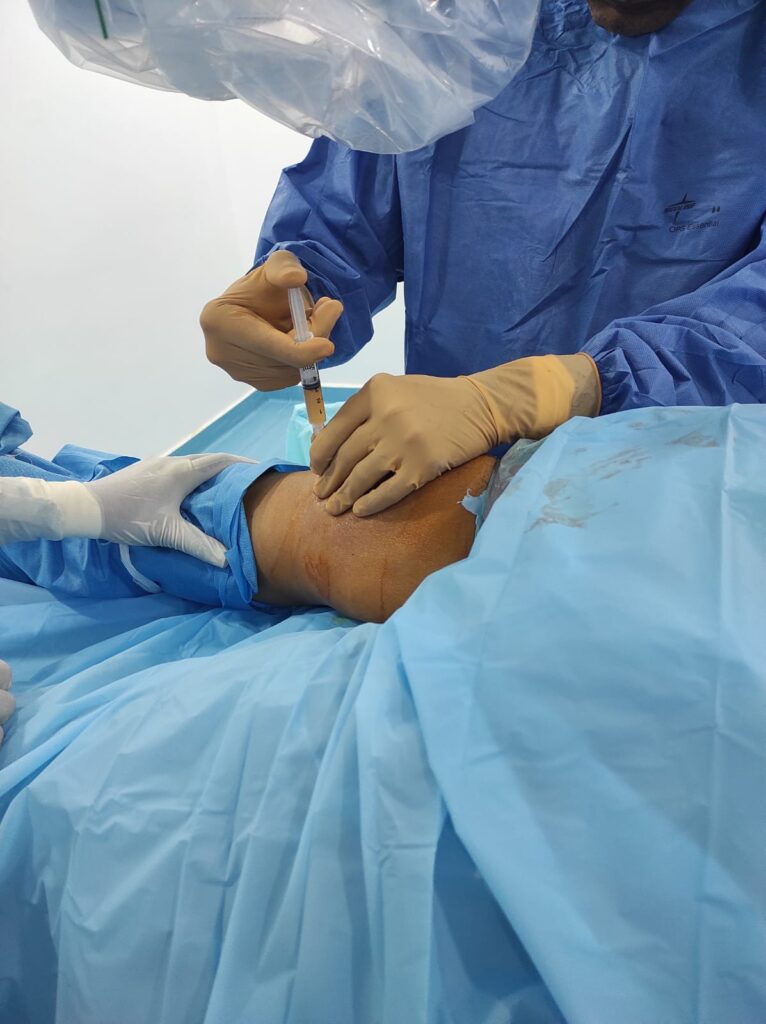
Welcome to Dr. Murali’s Pain Centre, where we specialize in delivering relief and improving the quality of life for individuals suffering from chronic pain. With a commitment to compassionate care and cutting-edge treatments, our dedicated team led by Dr. Murali is here to empower you on your journey towards a pain-free and fulfilling life.

What Is PRP(Platelet Rich Plasma Therapy)
PRP stands for Platelet-Rich Plasma. It is a component of the blood that contains a higher concentration of platelets, growth factors, and other bioactive proteins compared to normal blood. PRP is derived from a patient’s blood and is used in various medical and cosmetic procedures to stimulate tissue healing, regeneration, and growth. It is commonly employed in orthopedics and other fields to aid in the recovery and treatment of injuries purposes. PRP is considered a safe and minimally invasive procedure because it utilizes the patient’s own blood components, reducing the risk of adverse reactions.
Indications
- Lateral epicondylitis (tennis elbow)
- Plantar fasciitis
- Achilles tendonitis
- Osteoarthritis (Knee, hip)
- Muscle injury
- Rotator cuff tears
- Low back pain
- Ankle sprains
- Anterior cruciate ligament (ACL) injuries
- Wound healing
- Bone healing
Contraindications
Injections are generally avoided in patients with systemic infection or skin infection over puncture site, bleeding disorders or coagulopathy and allergy to local anaesthetics or any of the medications to be administered. In addition PRP therapy should be avoided in patients with history of malignancy. Nonsteroidal antiinflammatory drugs should be avoided 2 weeks prior and at least 2 weeks after the procedure so as to not inhibit the effects of growth factors and the healing response.
Complications
Complications are rare, particularly if the injections are performed using a precise needle-positioning technique. Possible complications include bruising, infection, hematoma, nerve injury and reaction to the injectates. Infection can be avoided with appropriate aseptic precautions. Post-procedural pain flare-up may occur because the injection of PRP induces local inflammation.
Post Procedure
After undergoing Platelet-Rich Plasma (PRP) therapy, patients enter a post-procedure phase characterized by a period of recovery and potential symptom relief. Generally, the post-PRP experience is well-tolerated, with patients able to resume their normal activities shortly after the procedure.



